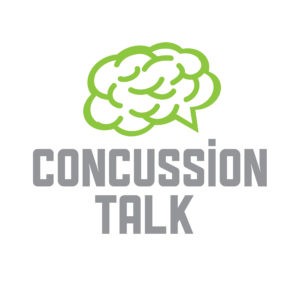Symptoms with which I am familiar are primarily dizziness and fatigue. The biggest symptoms I deal with are my balance/movement and double vision, but apart from immediate visions problems most people have after a brain injury, I think balance /movement and double vision lasting over 8 years is more specific to serious brain injuries, so I won’t talk about them per se.
The severity of my symptoms has lessened over these 8 years and I have never had to deal with headaches (apart from an intense and epically long one after the doctors replaced my bone flap), but the dizziness and fatigue, however diminished, remain. That’s not to say that I deal with serious episodes of these symptoms every day, but they are there frequent. As I wrote in a previous post, standing up quickly or abruptly turning my head to the side can result in dizziness. Fatigue is another animal altogether. I don’t know when it will be intense.
For people dealing with the immediate symptoms of a brain injury, these are unfamiliar and must be treated appropriately. While every brain injury is unique and a specific doctor may not know you, his/her  training provides the doctor with the best information available about how to protect your brain or lessen the effects of a future injury.
I have been living with my brain injury since 2003 and if I hadn’t been properly treated and cared for, I wouldn’t be writing all of this and enjoying my life now. I still have symptoms that I deal with, people – doctors included – have given me advice on ways to react to or cope with the symptoms. Their advice contains the same basic theme as my approach: take your time and relax. The specifics differ because I have to do what works best for me.
What has allowed me to enjoy my life now is accepting that those symptoms are with me, acknowledging when I need to pause, deal with them and recognizing that, like it or not, life has changed. I’ll admit, I’m don’t follow my own philosophy religiously, in fact, it’s more like a general theory. As any good scientist would do, I am constantly trying to invalidate my theory. I tend to push myself precisely when I should know better, but I always know and recognize that my life has changed, so I don’t get discouraged when something doesn’t work out as planned.
I really want to play water polo again, but my double vision makes that extremely difficult, my left arm’s weak and slow sculling action requires a lot of energy, making passing and shooting difficult. Swimming up and down the pool and the extremely physical nature of the game make it something that will have to wait. If 8 years is not enough to get me back to where I can confidently play, maybe 9, maybe 10, maybe 20, so when I go to scrimmages with the local club team I help score and I get in before the game and work on my left arm sculling motion. I give myself an intense swim workout 3 times a week and eventually it may all come together. If not, I’m still around a sport that’s important to me and I’m keeping in shape.
After all this time, my symptoms haven’t disappeared and they’re certainly present enough that I deal with them daily, but I have learned to live with them. It’s not easy and it can be intensely frustrating, but one of the most important things I have learned is to give the effort to reducing the impact of the symptoms on my life.

Leave a Reply